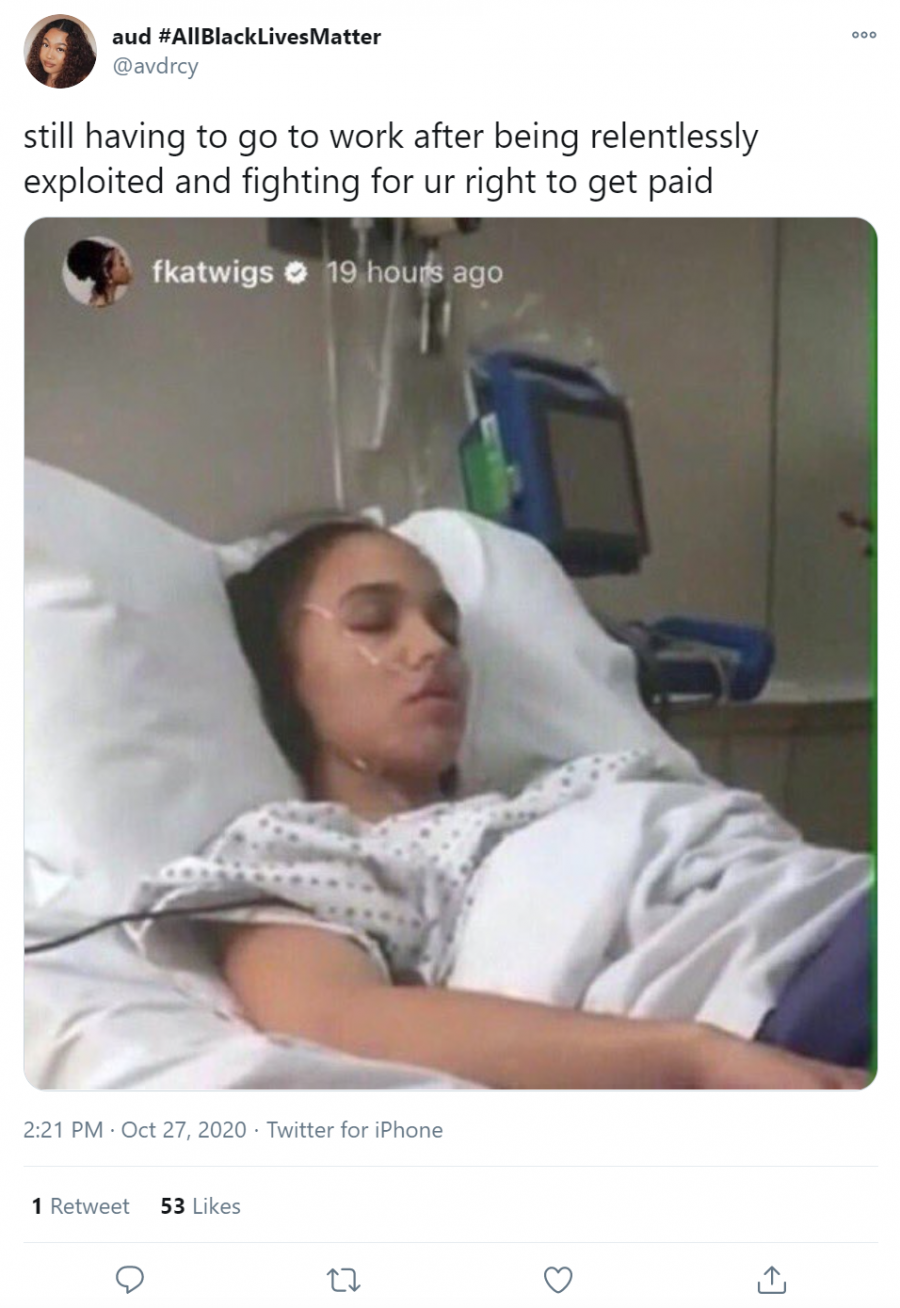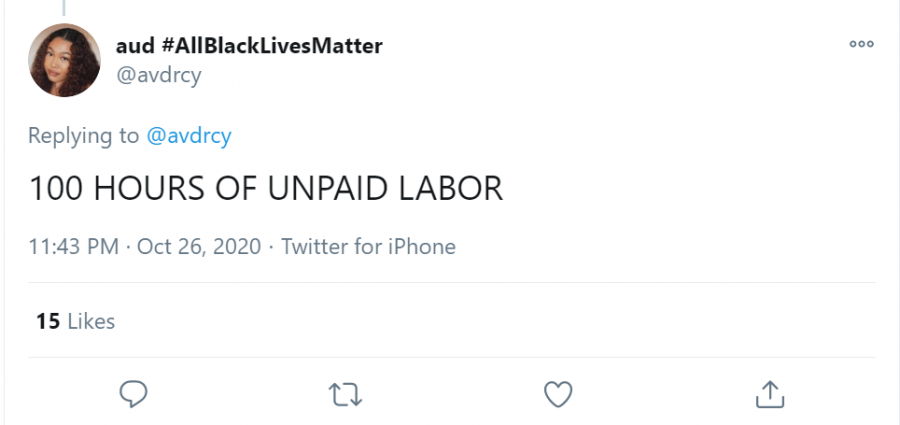
Student employees from the Community Programs Office (CPO) of UCLA took to Twitter on the evening of October 26th to express disdain and share their concerns about the lack of compensation they received since September 15th. The Community Programs Office prides itself on creating a safe environment for marginalized student communities through various programs, events, and mentorship networks. One of their retention projects, the Academic Supports Program (ASP), provides peer mentoring and academic support to marginalized students by hiring peer counselors from those communities.

This fall, CPO employees went two and a half months without pay, completing fifty hours of unpaid training and six, 15-20 hour work weeks. For their Black and Brown student employees, this oversight left a grave impact on their finances. 4th-year Psychology major Katlynn Slayton says, “The money I receive through CPO is my only source of income right now. I’ve had to drain my savings and have an extremely tight budget for food and personal items. Paying rent is difficult because I live in Westwood, even with four other roommates.”
After Slayton and her ASP coworker Audrey Freeman voiced their concerns on Twitter, they received an outpour of support from other student employees, campus leaders, and students who utilize the services of CPO. Slayton says, “I was ecstatic that I was receiving support from students, mother organizations like Afrikan Student Union and MEChA, UCLA staff and faculty; it felt good to know people were willing to fight for us.”

Slayton recalls that the morning after her tweet, CPO student workers were updated regarding the situation, and by that afternoon, had dates for when they would receive their pay. While the office was quick to update students after a night of social media uproar, Slayton says, “It was a result of the pressure we applied, and it’s a shame it took raising hell on social media to get some answers.”
These events serve as a microcosm of how the UC system treats student employees. The lack of communication between CPO and their employees, as well as with the greater UC system, makes it difficult for students to empathize with the struggles of the hiring process when they are unaware of what is going on. Slayton emphasizes that the student hiring process should be more transparent on all levels. She notes, “The UC system exploits student workers more than salary workers; they’re not the ones missing paychecks.”
To leave Black and Brown students without pay during a pandemic directly contradicts CPO’s goals of advocacy and retention of these communities. These are not communities of privilege: many students rely on their part-time jobs to pay rent, buy groceries, finance their education, or support their families. CPO’s actions this fall failed to remain true to their mission. About CPO, Slayton says, “Y’all claim to be fighters against injustice in underrepresented communities, but this (not compensating student workers) is an injustice to these communities.”
